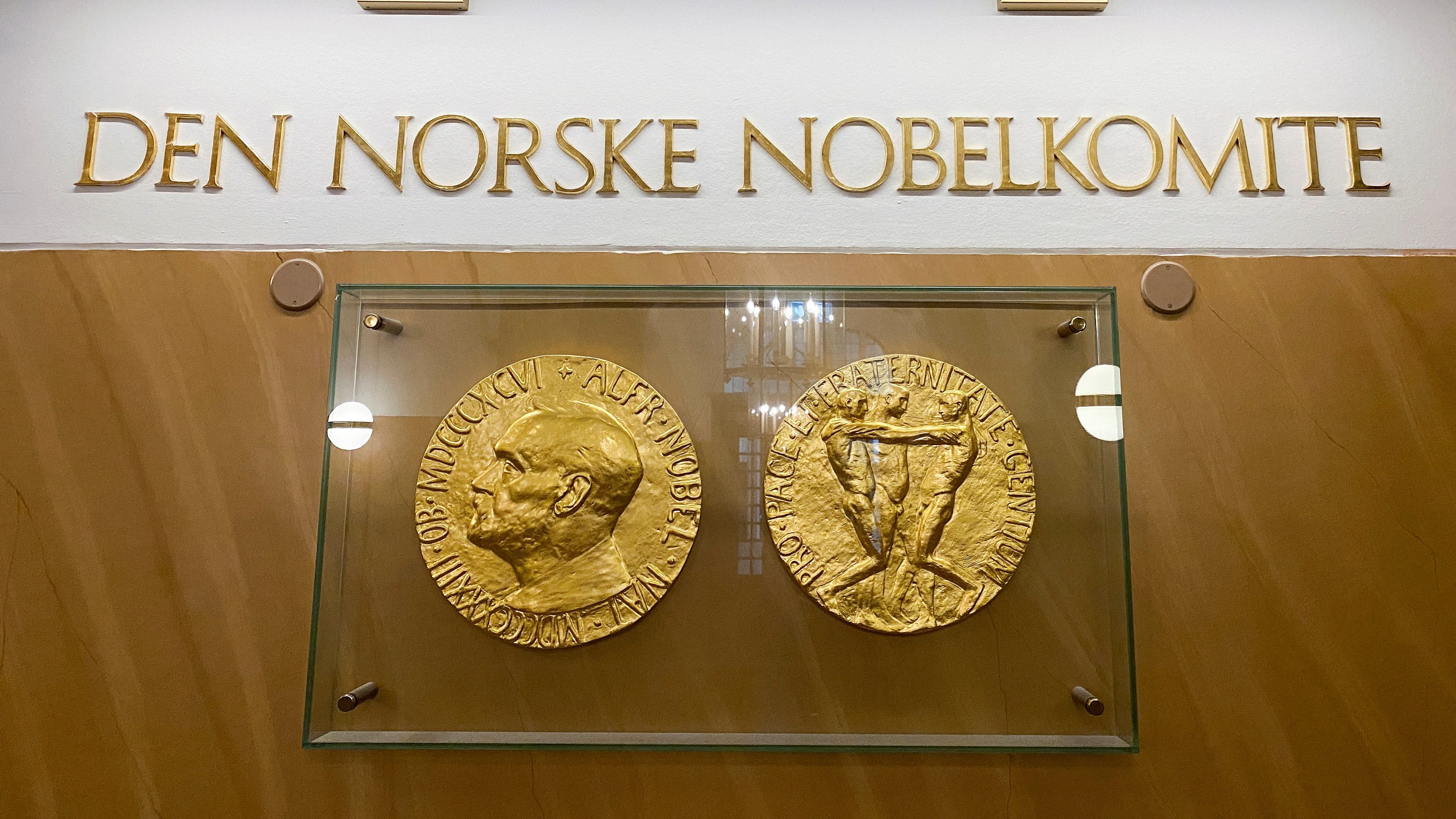
Representative image of Nobel Prize medals.
Credit: Reuters Photo
Reversing course from last year, the Nobel Foundation has extended an invitation to the Nobel Prize ceremonies in December to representatives from Russia and Belarus, who were not invited in 2022 because of Russia’s invasion of Ukraine.
Several Swedish lawmakers immediately responded on Friday by declaring they would boycott the ceremony.
“I looked forward to participating in the Nobel Prize ceremony and banquet,” Muharrem Demirok, the leader of Sweden’s Center Party, wrote on social media. “But as long as Russia wages its war against Ukraine I cannot participate in the same celebration as their ambassador.”
Märta Stenevi, the leader of Sweden’s Green Party, said she would not attend either, saying “there is nothing to celebrate together with Russia’s ambassador.”
In a statement on Thursday, Vidar Helgesen, the executive director of the Nobel Foundation, which administers the annual prizes, said the decision to include Russia and Belarus was intended to lower barriers between states and groups at a time of growing geopolitical division.
Iran, whose representatives were banned from last year’s ceremony because of what the foundation described as the “serious and escalating situation” there, has also been invited. So, too, was Jimmie Åkesson, the head of the Sweden Democrats, a far-right party with roots in neo-Nazism that is part of the government coalition, the foundation announced.
Not everyone was pleased at the decision. Karin Karlsbro, a Swedish member of the European Parliament, called the reversal “extremely inappropriate.”
“The decision undermines European unity against Russia’s invasion of Ukraine,” Karlsbro said in an interview on Swedish radio.
Even the right-wing leader, Åkesson, objected on Facebook and said he would not attend. “Respectable Swedish politicians with any democratic and moral compass at all do not celebrate with representatives from Russia, Belarus or Iran. Period,” he said.
The Nobel Foundation gives prizes each year in the fields of physics, chemistry, physiology or medicine, economics, literature and peace. Last year, although Russian and Belarusian diplomats were not invited to the ceremony, the Peace Prize was awarded to Memorial, a Russian human rights organization, and Ales Bialiatski, a Belarusian activist, along with the Center for Civil Liberties in Ukraine.
At the ceremony, Berit Reiss-Andersen, the chair of the Norwegian Nobel Committee, which selects the Peace Prize recipients, said the choices last year were meant to signal that the war in Ukraine must end. “Sometimes an effort for peace lies with civil society and not with state ambitions alone,” she said.
Iranian representatives were disinvited last year after Iran’s brutal crackdown on protests that broke out after a woman, Mahsa Amini, was arrested by Iran’s morality police on accusations of violating the country’s conservative dress code and then died in custody. The demonstrations quickly broadened to target the ruling clerical establishment and societal grievances including corruption, the ailing economy and social and political restrictions.
In the ensuing crackdown, security forces arrested thousands of protesters and killed hundreds, according to Iran Human Rights, a group based in Norway, and the United Nations. At least seven have been executed.
Although the demonstrations have largely quieted, authorities continue to harass or detain people, including relatives of protesters who were killed, in an effort to silence them before the anniversary of the protests this month.